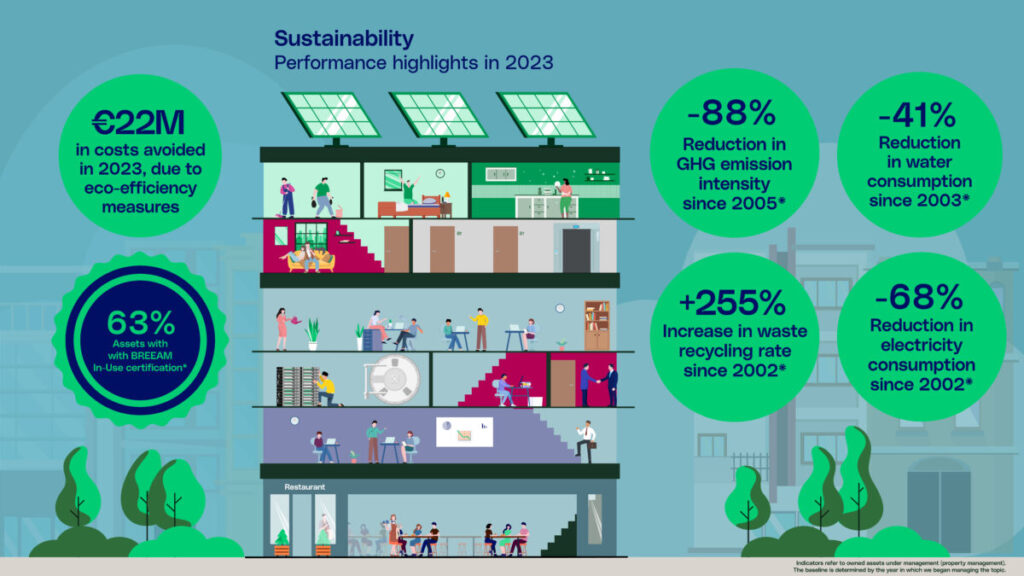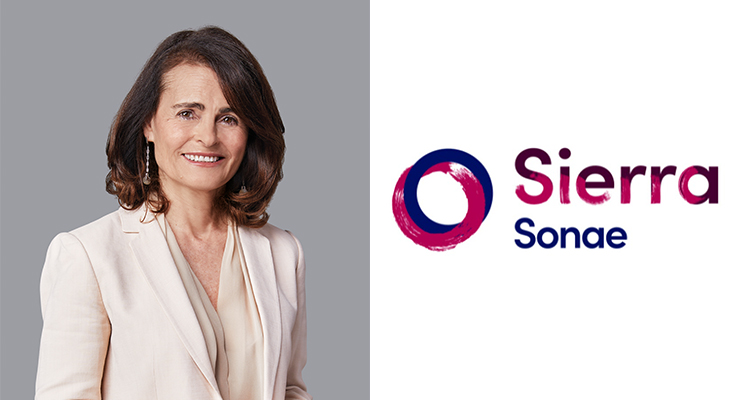The Bright program, which was developed in 2012 and implemented across Sierra’s portfolio, has contributed to improving energy efficiency and the consequent reduction in carbon emissions. In 2021, Bright was updated based on the best available technologies, giving rise to Bright 2.0, which was implemented again in Sierra’s assets. By the end of 2023, through this program, 150 improvement measures have been identified, requiring an investment of 34.7 million euros, representing a potential annual energy saving of 33%, equivalent to 44.5 GWh and 6.5 million euros (at 2023 energy prices).
For more than 25 years, sustainability has been an element of differentiation for Sierra, and one of the main pillars of the company’s positioning and growth in all its areas of operation. According to Elsa Monteiro, Sonae Sierra’s Sustainability Director, “at Sierra, we see sustainability as an unwavering commitment, reflected not only in the improvement of our environmental performance, but also in our capacity for innovation and the adoption of ESG principles. Our latest EES report reaffirms our role as leaders in the property sector and confirms the effectiveness of our measures. The results reflect a continuous downward trend, both in terms of emissions and the use of natural resources, resulting in more than 22 million euros in avoided operating costs in 2023. At Sierra we don’t merely want to meet the standards of the present, we aspire to shape the sustainable future that we all seek – this is our legacy.”

The 5-star Green Star rating, once again awarded by GRESB for the funds managed by Sierra, is a clear example of the company’s commitment to including best practices and performance in environmental, social and governance (ESG) matters.
In addition to these achievements, some 63% of Sierra’s portfolio has green building certifications, while new projects are being developed to also obtain certifications such as LEED or BREEAM, guaranteeing compliance with the most advanced sustainability requirements.
At Sierra, ambitious goals have been set in order to meet the firm’s commitment to a sustainable business model, across all the company’s areas of activity. In 2023, the objectives for 2030 were revised and include, among others, the targets approved by Science Based Targets (SBTi) of a 73% reduction in scope 1 and 2 GHG emissions, 55% in scope 3 (embodied carbon) and 45% in scope 3 (remaining emissions).






